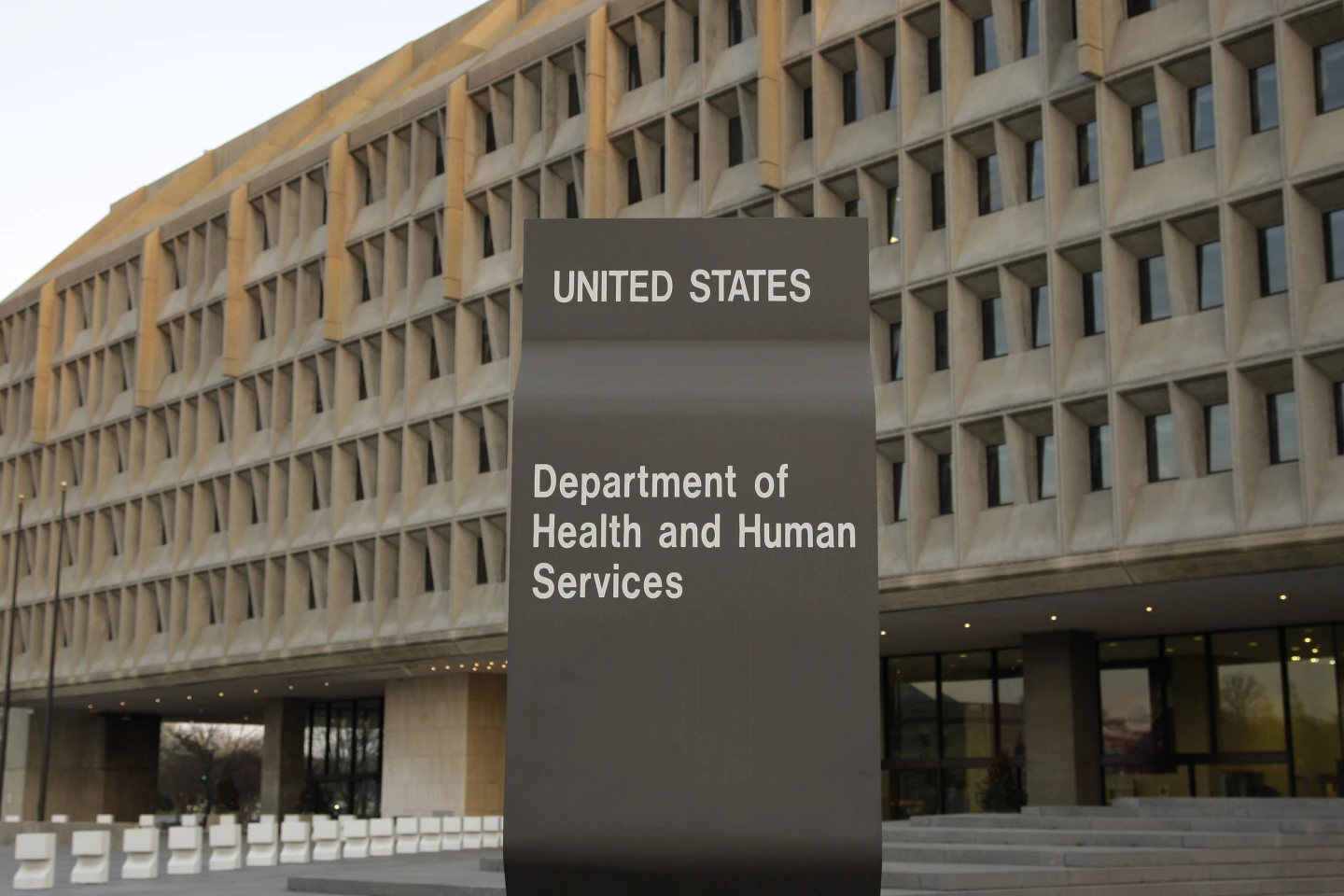Health Department Layoffs Put Critical Drug Use Data at Risk
A crucial U.S. government survey that has provided data on drug use for 50 years may be in jeopardy. The entire 17-member team responsible for the National Survey on Drug Use and Health (NSDUH) received layoff notices on Tuesday as part of a restructuring effort within the Health Department.
The NSDUH provides essential data that informs local and state governments in developing drug prevention and treatment programs. Additionally, the federal government uses its findings to allocate grants to combat the opioid crisis. Researchers also rely on the survey to analyze trends in depression, alcoholism, and tobacco use.
Uncertainty Over the Survey’s Future
HHS spokesperson Andrew Nixon assured that the survey, which is mandated by Congress, will continue as “a vital contribution to the advancement of America’s behavioral health.” He added that the Health Department’s reorganization will improve its ability to fulfill Congress’s statutory intent. However, it remains unclear how the survey’s data will be analyzed without the team of experienced analysts.
The survey, conducted annually by an independent research firm, involves approximately 70,000 participants. Unlike overdose death reports, which capture only part of the issue, the NSDUH provides a comprehensive overview of substance use and mental health trends. Lindsey Vuolo of the Partnership to End Addiction emphasized the survey’s importance, stating, “We use its findings on a near-daily basis in our research, educational programming, and communication materials.”
Before the layoffs, health department analysts were preparing to examine the 2024 data—the first year where trends would again be reliable after the COVID-19 pandemic disrupted data collection. Jennifer Hoenig, the now-former director of the Office of Population Surveys, warned that without her team, the data could go unused. “Every person working on it was let go,” she said.
Under the restructuring plan, the Substance Abuse and Mental Health Services Administration (SAMHSA), which oversees the survey, would be absorbed into a new Administration for a Healthy America. The plan, led by Health Secretary Robert F. Kennedy Jr., raises concerns about whether the Health Department will continue to properly analyze and utilize critical public health data.
Key Findings from Recent Surveys
Despite the uncertainty surrounding its future, the NSDUH has provided valuable insights over the years, including:
- Most teens abstain from drugs and alcohol: In 2023, 7 out of 10 adolescents did not use illicit drugs or drink alcohol.
- Substance use among older adults: Men over 60 were more likely than women in the same age group to have a substance use disorder, but women were more likely to have experienced major depression in 2021 and 2022.
- LGBTQ+ youth and substance use: Lesbian, gay, and bisexual young people were nearly twice as likely as their heterosexual peers to have had a substance use disorder in 2023.
- Marijuana use has increased: The percentage of Americans reporting cannabis use nearly doubled over two decades, rising from 11% in 2002 to 21.9% in 2022.
Andrew Kessler of Slingshot Solutions, a consulting firm specializing in addiction and mental health, underscored the survey’s significance: “In attempting to solve any public health problem, data is critical. It allows us to advocate for and establish policies that fill very large gaps in treatment, thus saving lives in the process.”
The Health Department‘s role in collecting and analyzing this data is essential to ensuring that resources are allocated effectively to address substance use and mental health challenges.
The future of the NSDUH remains uncertain, but its role in shaping public health policy is undeniable. As discussions around the restructuring continue, experts and advocates stress the importance of maintaining this vital source of behavioral health data.
Frequently Asked Questions (FAQ)
What is the National Survey on Drug Use and Health (NSDUH)?
The NSDUH is an annual, congressionally mandated survey that tracks substance use, mental health trends, and health department behavioral health issues in the United States. It involves about 70,000 participants each year and provides essential data for policymakers, researchers, and public health organizations.
Why is the NSDUH important?
The survey’s findings help shape drug prevention and treatment programs, guide federal grant allocations for the opioid crisis, and provide insights into public health trends such as alcoholism, depression, and substance use disorders.
What changes are happening to the NSDUH?
The 17-member team responsible for analyzing the survey’s data has been laid off due to a restructuring of the Health Department. It is currently unclear how or if the data will be processed moving forward.
Will the NSDUH still be conducted?
According to HHS, the survey will continue. However, without the experienced analysis team, there is concern over whether the data will be properly utilized.
How is NSDUH data used in public health policy?
State and local governments use health department the data to develop prevention and treatment strategies. The federal government also relies on it to distribute grants, particularly in response to the opioid crisis. Researchers and advocacy groups use the findings to better understand trends in mental health and substance use.
What are the concerns regarding the survey’s future?
Without a dedicated team of analysts, experts worry that the collected data will not be adequately processed or used to inform public health decisions, potentially affecting funding allocations and treatment programs.











Leave a Reply